Fragrances have been a significant part of human culture for thousands of years, transcending time, geography, and social status. From their early use in religious rituals to their modern-day status as luxury items, perfumes have evolved considerably.

Introduction to the History of Perfumery
The history of perfumery is rich, and filled with tradition, innovation, and cultural exchange. Perfume has always been more than just a pleasant scent; it has been used for various purposes, including religious ceremonies, personal grooming, and even as a symbol of power and status. Over time, the art of creating perfumes has evolved from using simple, natural ingredients to complex synthetic compositions, reflecting broader changes in society and technology.

Perfumes in the Ancient World
Ancient Beginnings
The origins of perfumery can be traced back to ancient Mesopotamia, where the earliest known perfume makers used natural ingredients like flowers, herbs, and resins to create scented oils. These early fragrances were primarily used in religious rituals to honor the gods and as offerings in temples.

Perfumes in Egyptian Civilization
In ancient Egypt, perfumes played a central role in daily life and spiritual practices. Egyptians believed that scents had the power to connect the living with the divine, and they used perfumes in religious ceremonies, embalming, and personal grooming. Notable figures like Tapputi, one of the first recorded perfume makers, and Queen Hatshepsut, who was known for her love of fragrances, were instrumental in advancing the art of perfumery.

Greek and Roman Influence
The Greeks and Romans further developed the use of perfumes, using them in daily life, public ceremonies, and personal hygiene. Perfumes were a symbol of wealth and sophistication, used by both men and women. Figures like Queen Cleopatra of Egypt and Roman Emperor Nero were famous for their extravagant use of perfumes, which often included rare and exotic ingredients.

Perfumery in Indian and Far Eastern Cultures
In ancient India and the Far East, perfumery was an art form deeply intertwined with cultural and religious practices. Fragrant oils and incense were widespread, with scents often associated with spiritual purification and meditation. Techniques for extracting natural aromas from plants were well-developed, and these methods influenced perfumery practices across other regions.

The Modern Era: Scents Get Scientific
The Industrial Revolution brought significant advancements in the production and distribution of perfumes. Synthetic ingredients were introduced, allowing for the creation of new and more complex scents. The mass production of perfumes made them more accessible, and the perfume house boom of the late 19th and early 20th centuries established iconic brands that are still renowned today.
One of the most significant milestones in modern perfumery was the creation of Chanel No. 5 ,at House Of Monac you can find a dupe of this scent Monac EN V. This fragrance, introduced in 1921, revolutionized the industry with its innovative use of aldehydes and became a symbol of modern femininity.

Contemporary Perfumery
The 20th century saw the commercialization of fragrances on an unprecedented scale. Perfumes became a staple of popular culture, marketed to a wide audience through advertising and celebrity endorsements. The fragrance industry grew into a global market, with perfumes becoming a key component of personal identity and style.
In recent years, there has been a growing emphasis on sustainable and ethical practices in perfumery. Consumers are increasingly aware of the environmental and social impacts of their purchases, leading to a demand for fragrances made with responsibly sourced ingredients and eco-friendly packaging. This shift is driving innovation in the industry, as brands strive to meet the expectations of a more conscious consumer base.
Conclusion
The history of perfumery is a testifies to humanity's enduring fascination with scent. From its sacred origins in ancient rituals to its status as a luxury item and now a mass-market commodity, perfume has evolved alongside society. Today, the fragrance industry continues to innovate, blending tradition with modernity to create scents that resonate with contemporary consumers. As we look to the future, the legacy of perfumery remains strong, with sustainability and ethics becoming increasingly important in shaping its next chapter.


